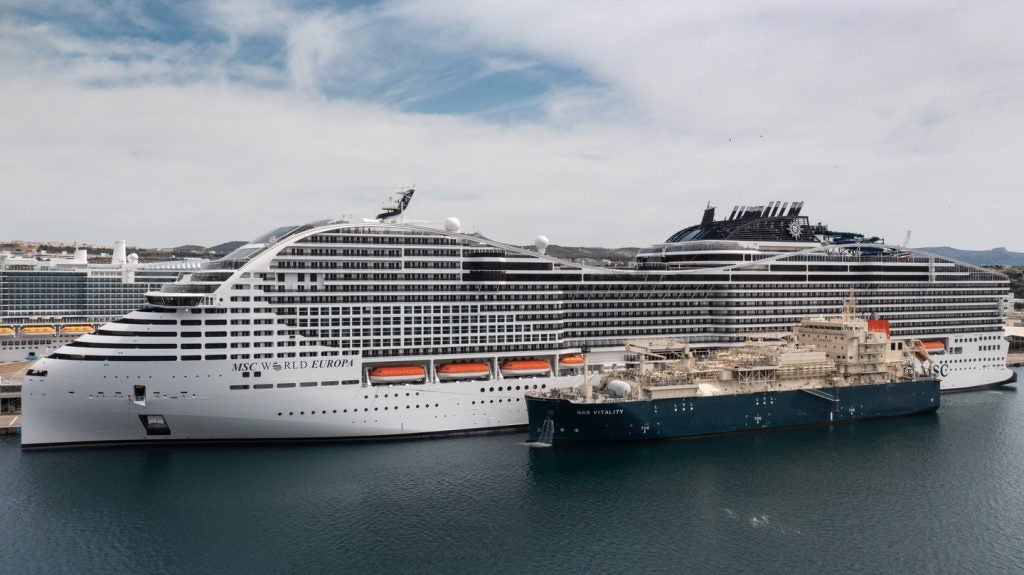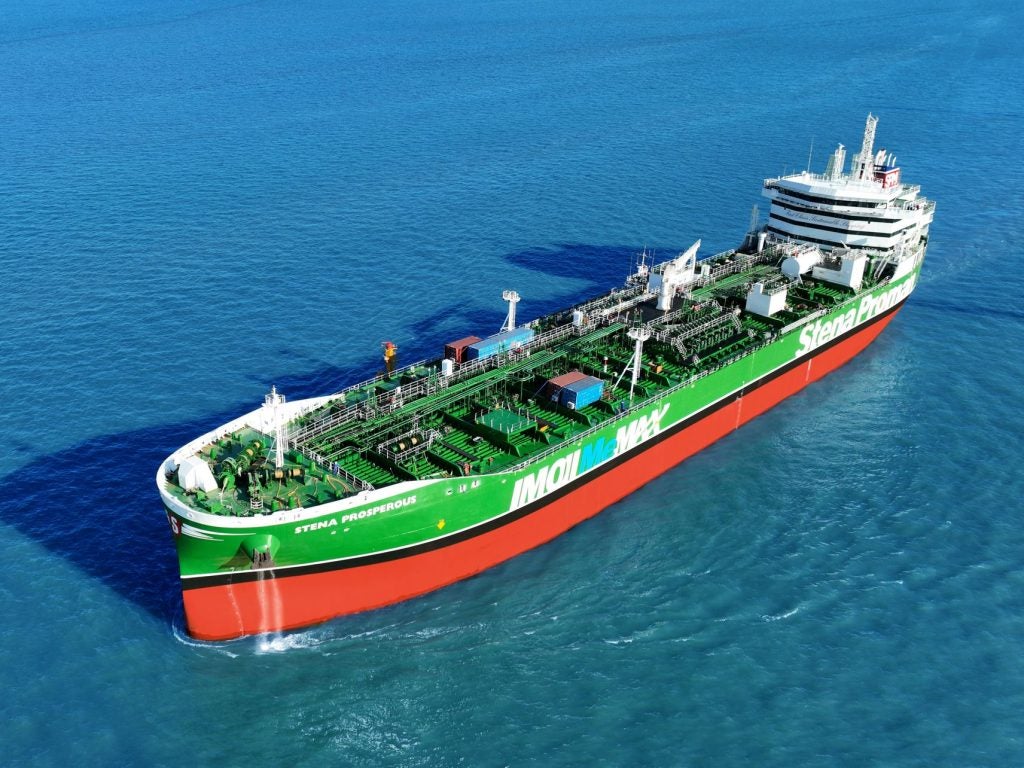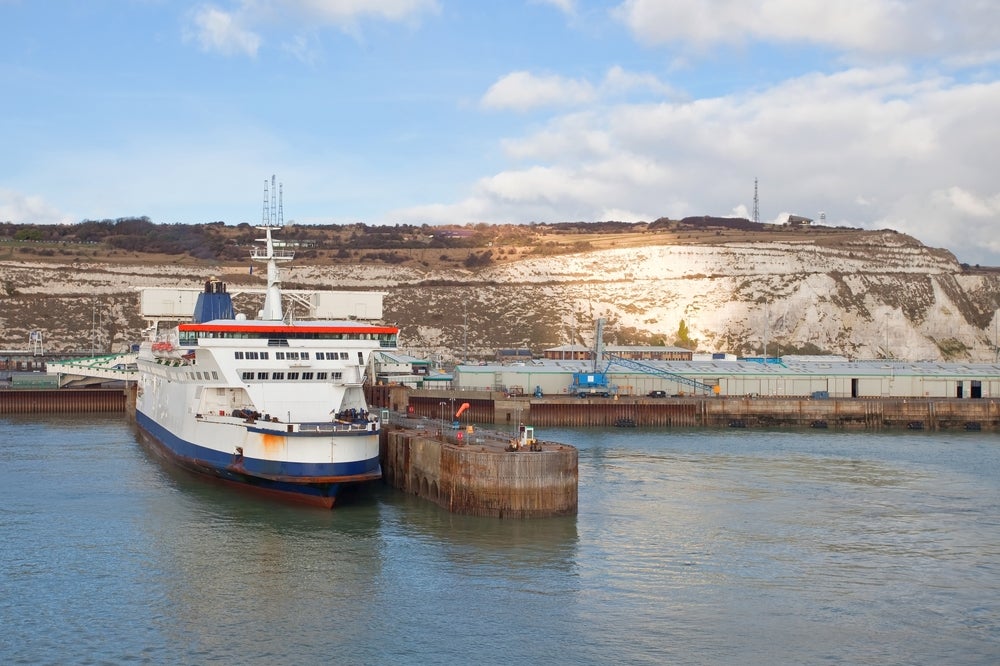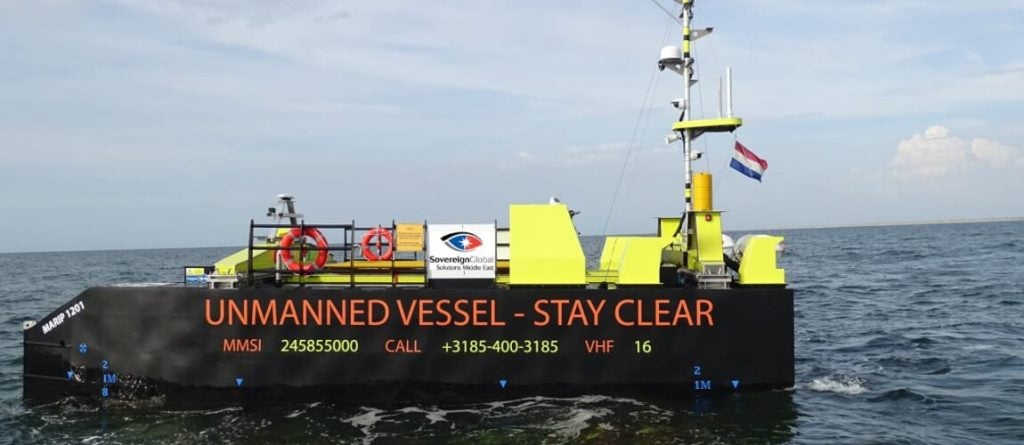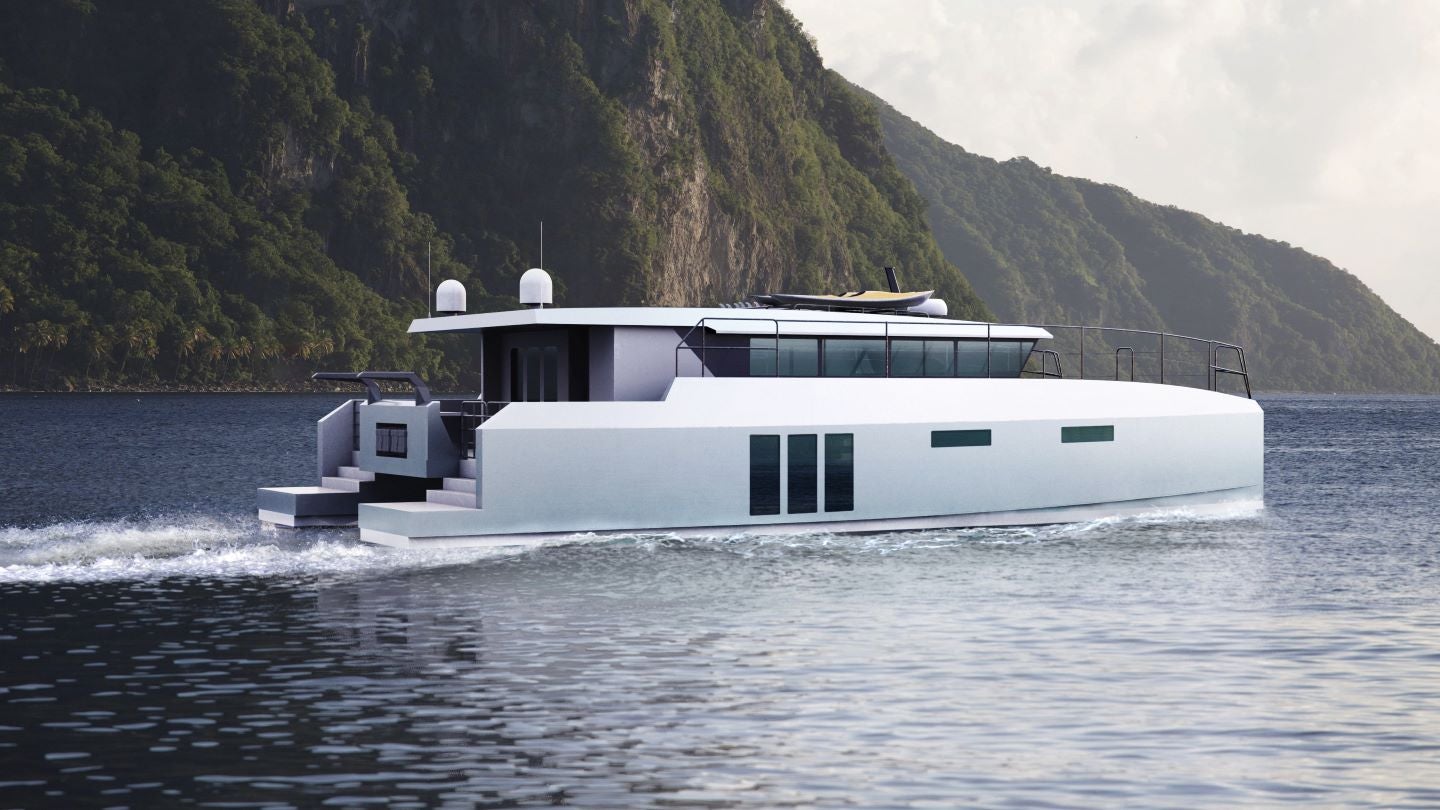
Shipbuilding company Archipelago Expedition Yachts and vessel design company Chartwell Marine have announced the Archipelago zero.63, which will see the pair use a £320,000 InnovateUK Smart Grant procured by Chartwell to implement methanol fuel cell technology on a new catamaran design.
The leisure boat will be single-fuelled, powered by methanol-reforming fuel cell technology and a methanol combustion engine. Dr Stephen Weatherley, managing director of Archipelago Expedition Yachts spoke with Ship Technology about the nature of the vessel design and the use of methanol.
Jasleen Mann (JM): What are the key features of this leisure boat?
Stephen Weatherley (SW): The Archipelago zero.63 will be the first zero-carbon, long-range methanol leisure vessel. There are plenty of electric leisure vessels in the market which can travel short distances quickly or long distances slowly, but none can perform in high sea states, cross oceans, and be zero-carbon all at the same time.
This new vessel therefore will be the first of its kind, blending the sleek seaworthiness of offshore wind farm catamarans and the comforts of leisure yachting.
JM: What do you perceive to be the meaning of next-gen vessel design?
SW: Decarbonising the marine industry is fundamentally difficult due to a lack of infrastructure — charging stations for batteries, fuel availability for hydrogen, etc.
As mentioned, there has been extensive investment in batteries as a solution, but since they are around 50 times less energy-dense than diesel, widespread reliance on pure battery operation is an unlikely future for the marine industry.
This, however, has paved the way for other fuels to compete, with methanol proving one of the most practical. Vessel designs that use it, and use it well, are next-gen.
JM: To what extent has the £320,000 InnovateUK Smart Grant impacted this development?
SW: These kinds of grants enable ambitious companies like Chartwell and Archipelago to carry out innovative projects that otherwise would not be feasible for firms of our size.
Ultimately, the Smart Grant has been a gamechanger, allowing the idea to progress from the drawing board into a fully operational design. The support for innovation and outside-the-box thinking in UK shipbuilding is arguably one of the best in the world.
JM: How does methanol fuel cell technology work? How has the offshore wind vessel sector inspired this development?
SW: The technology works by using a methanol reformer in a relatively simple conversion. First, a mixture of methanol and water is put through a catalyst to produce hydrogen and carbon dioxide.
The hydrogen is then passed through a hydrogen fuel cell, with electricity and water as the outcome. Although carbon dioxide is produced as a by-product, less is produced in comparison to burning diesel, due to the fact it holds fewer carbon atoms. In the future, the aim is to capture the CO2 for reuse on land.
The design philosophy of the offshore wind industry’s agile commercial vessels is evident in the hull form and performance specs of the vessel, but that mindset of cutting-edge sustainability is what we really wanted to embody with the Archipelago zero.63.
Even beyond methanol, the aim is to future-proof the vessel by allowing it to be retrofitted with whatever new and exciting technology arises in the decades to come, which is a practice we see in the commercial industry, and not enough in leisure. The learnings of this project will allow us to help decarbonise the offshore wind industry as well as the leisure industry.
JM: What are the advantages of using methanol as an alternative fuel?
SW: Methanol is reasonably energy dense, safe to use, and diesel engine conversion kits are becoming available, making it a viable option as an alternative fuel. Furthermore, it is a similar price (per kilowatt hour) to diesel and is accessible as a readily traded commodity.
Since methanol is only about half as energy-dense as diesel, safe for the environment in case of spillages, and widely obtainable, it’s an appealing alternative.
JM: Are there any challenges in relation to using methanol as an alternative fuel?
SW: The main challenge in using methanol is that you have to be careful with the way you store it, particularly compared to diesel. However, well-established regulations and guidelines help the marine industry ensure the correct storage methods are upheld.
The lower energy density also means that more fuel needs to be stored onboard, and designs need to account for that in creative ways. We’ve housed the whole system in a compact methanol ‘chamber’, which was hard to get right but works like a charm.
JM: To what extent was the impact on the environment taken into consideration?
SW: Methanol is not harmful when spilled into water, having little adverse effect on the local aquatic environment. Whereas other alternative fuels, such as ammonia, are potentially much more hazardous in their toxicity.
Concern for the environment underpins the marine industry’s commendable decarbonisation initiatives — but we’re demonstrating that methanol has the best balance of environmental friendliness and actual viability.
JM: Why has there been significantly less investment in methanol fuelling in the leisure sector?
SW: Ultimately, because it’s hard. We’ve seen investment in methanol fuelling in the commercial vessel market, but for the leisure sector, there has been a lack of focus and a lack of suppliers enabling those propulsion methods.
Currently, there is only one engine manufacturer that makes methanol engines for leisure boats. Because methanol has been largely untested in our sector, the grant has given us the opportunity to boldly delve into the feasibility of this design.
JM: What does this mean for the future of methanol propulsion technology?
SW: We hope that it is a catalyst for moving the industry forward into alternative decarbonisation that isn’t just electrification.
Batteries and solar are great auxiliary solutions that deserve focus in that context, but there is a naivety surrounding the supposed simplicity of relying on electricity on its own, which is potentially why other alternatives have been forgotten.
We anticipate that when it has its moment on the main stage, there will be a big push for methanol in the marine industry — it’s the fuel that people need, but not necessarily the one that they know they need.
JM: How important has collaboration been regarding this venture?
SW: Collaboration has been fundamental to the project. Chartwell and Archipelago share a joint vision for the marine industry: vessels that are universally decarbonised and efficient, but also diversified in size, shape, and purpose.
Cross-pollination between our respective sectors has already spawned a market-first vessel type — who knows what will come next?


